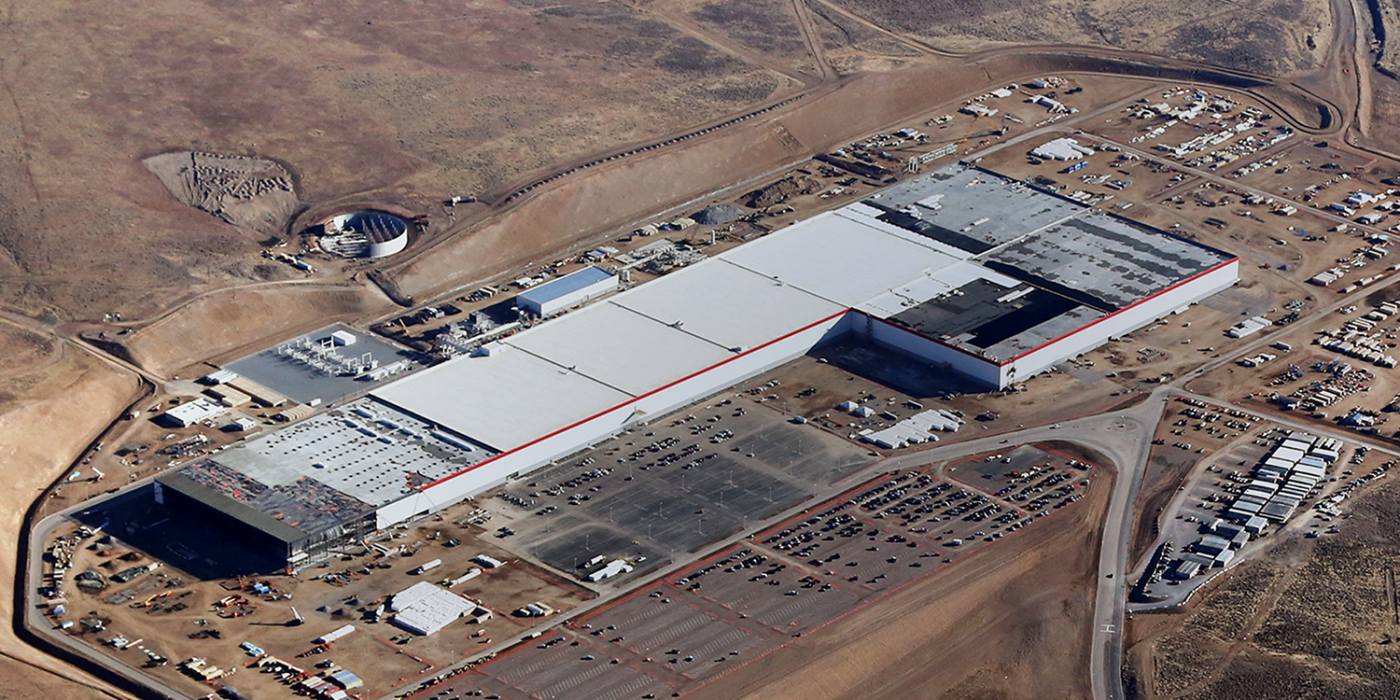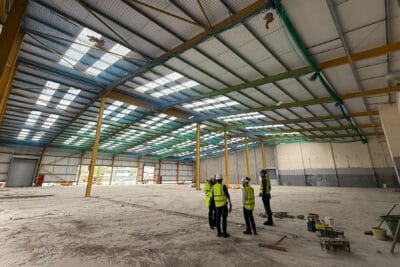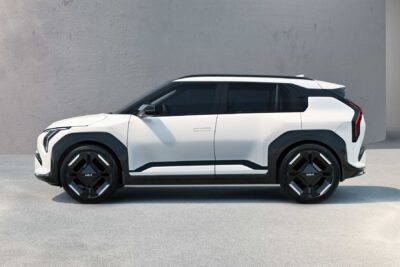Gigafactory: Musk says 35 GWh not yet achieved
After the latest report that Panasonic and Tesla have halted their plans to expand production capacity for battery cells in Gigafactory 1, Elon Musk has partly contradicted Panasonic’s view of the matter.
The Japanese battery manufacturer has claimed to have built up a battery production capacity of 35 GWh in the Gigafactory 1 in Nevada USA from the end of March 2019 and, in response to the report, had expressed its intention to examine additional investments in excess of 35 GWh in cooperation with Tesla. According to a tweet by Elon Musk, the situation is somewhat different: The Tesla boss wrote that cell production at the factory has so far only been running at a real capacity of around 24 GWh per year, which has been affecting the production of the Tesla Model 3 since July. Tesla will not invest any money in a further expansion of capacities until the target volume of 35 GWh has been reached with the existing production lines, added the Tesla executive.
The Japanese business newspaper Nikkei reported at the end of last week that Panasonic and Tesla had out plans to increase production capacity for battery cells at Gigafactory 1 on hold because of financial problems at Tesla and uncertainties regarding future demand. The newspaper specified that Panasonic originally intended to invest an additional 100 to 150 billion yen (900 million to 1.35 billion dollars) in Gigafactory 1. The aim was to increase capacity by 50 per cent from 35 to 54 GWh, claimed Nikkei.
However, so far, neither Tesla nor Panasonic have put detailed plans for the future of the Nevada site on the table. In July 2018, Panasonic merely stated that further investments in the Gigafactory would be considered if Tesla so wished. Nikkei also quoted from a Tesla statement: “Both Tesla and Panasonic continue to invest substantial funds into Gigafactory. That said, we do believe there is far more output to be gained from improving existing production equipment than was previously estimated.” The latter seems to be the line Elon Musk has been taking now.
Model 3 powertrain designed for 1 million miles
Irrespective of the future plans for Gigafactory 1, Musk provided some insights into Tesla’s technology via Twitter. The CEO stated that the drive train of the Model 3 was designed for a service life of one million miles. According to the South African-born U.S. entrepreneur, the current battery modules should have a life of 1,500 cycles or 300,000 to 500,000 miles and cost between $5,000 and $7,000 to replace. Tesla obviously only wants to replace individual modules in the future, not the entire battery pack.
In addition, Musk announced on the short message service that the price of the “Tesla Full Self-Driving” option will rise significantly over time, starting 1 May. There is talk of a price increase of “something like” 3,000 dollars, which would raise the total price of the package to around 8,000 dollars. This step comes at a time when Tesla will introduce a new computer for autonomous driving that went into production earlier this month. It is still unclear whether this will be installed in all new cars.
twitter.com, twitter.com (both re. Gigafactory 1), twitter.com (drives & batteries), twitter.com (“Tesla Full Self-Driving”)





0 Comments